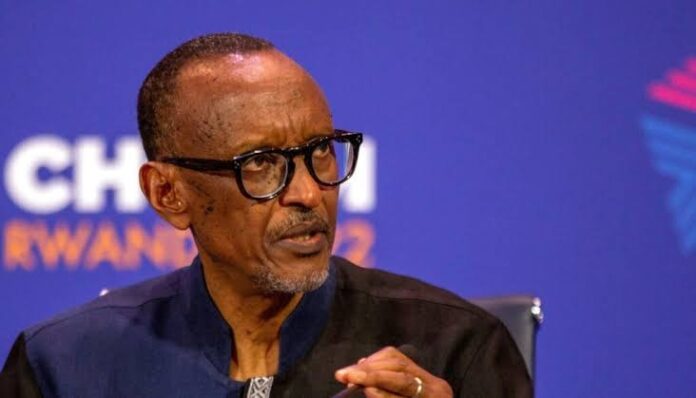Rwanda is currently in the midst of its election process, with expectations that the incumbent President Paul Kagame will extend his rule.
Kagame is widely recognized for guiding the country through the aftermath of the devastating 1994 genocide, which claimed nearly one million lives.
He initially came to power leading a rebel force that ended the genocide and has been in office since 2000.
In the current election, Kagame faces competition from two other candidates: Frank Habineza and Philippe Mpayimana, both of whom also ran against him in the 2017 polls.
However, several other potential candidates, including outspoken critics of Kagame, were barred from running due to various reasons, including past criminal convictions.
In the 2017 election, Kagame secured nearly 99% of the vote after a constitutional amendment removed term limits that would have prevented him from running again.
Kagame is credited with overseeing Rwanda’s transformation into a thriving economy, yet his administration has drawn criticism from human rights activists and Western nations.
Criticisms include allegations of media censorship, suppression of political opposition, and alleged support for rebel groups in the Democratic Republic of Congo. The Rwandan government has consistently denied these accusations.
During his campaign, Kagame pledged to continue fostering development and maintaining stability in Rwanda.
However, Rwanda’s human rights record has come under scrutiny, notably highlighted when the country entered into a controversial migration agreement with the UK in 2022 to receive asylum seekers. The UK’s new government has since indicated plans to terminate this agreement.
As the election unfolds, Rwanda continues to attract both admiration for its economic progress and scrutiny over its political and human rights landscape.

